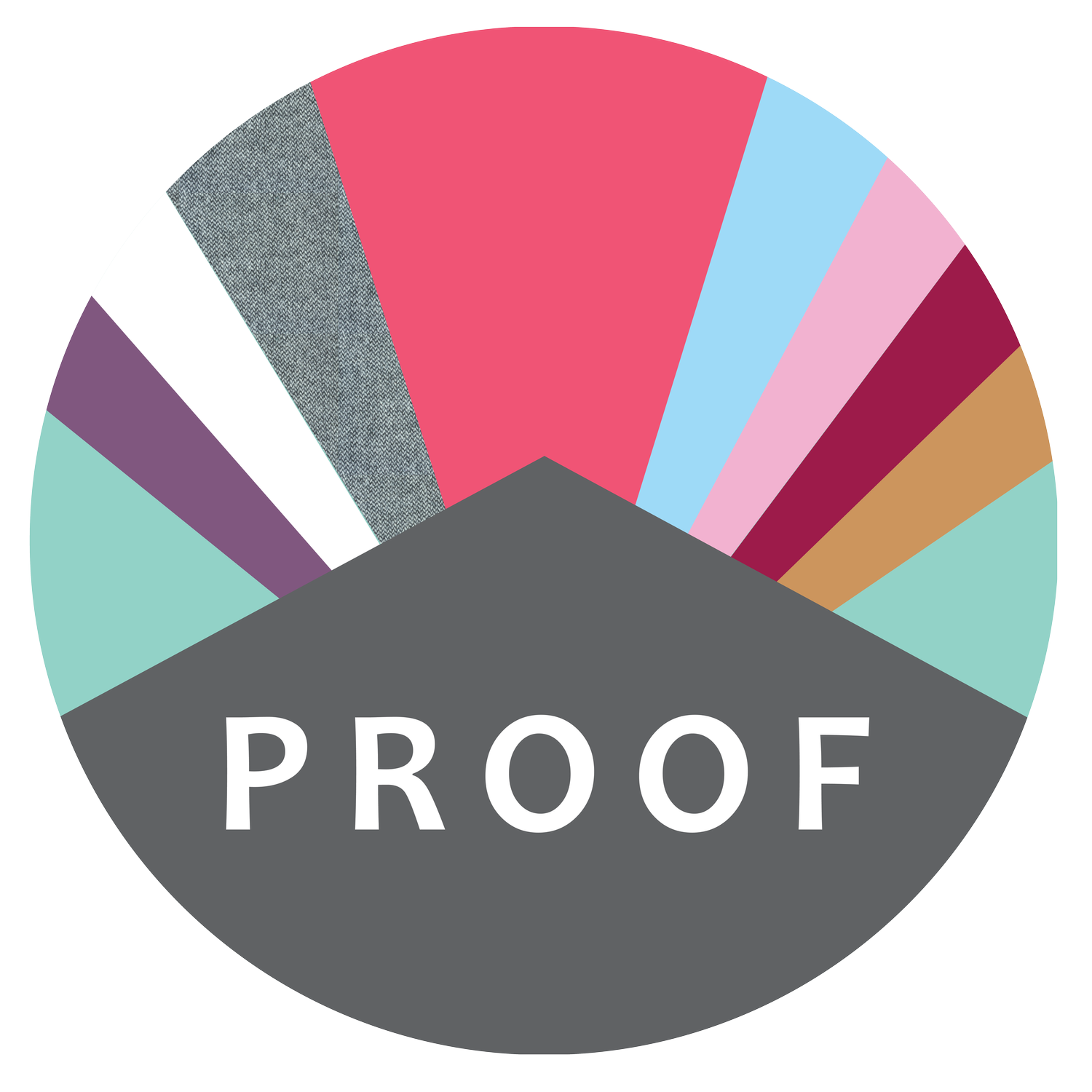Cannabis Testing Standards in California
It’s no surprise that California has some of the most rigorous testing standards when it comes to cannabis. California routinely comes first when it comes to regulations and consumer safety. While cannabis standards are comparatively inconsistent with other similar industries, the good news is that regulated cannabis in California is some of the highest-quality, cleanest products you can find anywhere. In this post, we’ll discuss what the standards are in California, and how they compare to other products that you use every day.
When and how are cannabis products tested?
In California, cannabis products must be tested by a licensed cannabis laboratory in what’s known as a “Compliance” test. The laboratory staff, not the brand or manufacturer, arrives at a licensed distributors facility and samples from the batch in question to be taken to the lab for testing. This is done when the product is in its final form for sale. With the exception of labeling for potency, there can be no modifications done to the product once the laboratory has sampled the product for compliance testing. This means that every ingredient in every cannabis product must pass cannabis testing, not just the cannabis within the product.
The compliance test includes testing in all of the following categories. For more information on the specific limits and allowances, please view the Text of Regulations, here.
Potency
Residual Solvent
Microbials
Heavy Metals
Pesticides
Mycotoxins
Foreign Materials
A product must pass all of these tests in order to be sold in a licensed retailer. Once a lab test is complete, the COA (Certificate of Analysis) is immediately sent to both the Department of Cannabis Control (DCC) as well as the distributor who is in possession of the product. If a sample fails, the DCC is immediately informed and the distributor must either submit a plan for remediation to be approved by the BCC or the batch must be destroyed. Failed batches may not reach a consumer.
How does cannabis testing differ from other industries in California?
There are no other non-pharmaceutical industries that have as rigid of testing requirements as California cannabis. In pharmaceuticals, the FDA thoroughly investigates and vets practices for quality control and assurance, which are at a higher standard than California cannabis. However, it does not approve or deny the release of each individual batch of pharmaceuticals in the market like the BCC does for cannabis, meaning there is no third-party regulation of medications on a batch-by-batch basis.
When comparing cannabis to food and water, cannabis is by far held to a higher standard. In municipal water systems, there are recommended safety limits, but they are not enforced. A majority of municipal water sources contain upwards of 10 times the recommended limits of some chemicals and metals. In food and agriculture, there are limits to pesticides that can be used, but there is no testing or limits to what pesticides and at what concentrations can be found in the end product, even for organic certified foods!
Finally, in comparing cannabis topicals to other cosmetic products, there is similarly no comparison. There are no limits or testing done to any non-pharmaceutical topical products. In fact, we found that it was extremely difficult to develop our Proof face and body serums because it was difficult to find cosmetic ingredients that would pass the rigorous cannabis limits! The ingredients we found and use are all the cleanest ingredients of their category.
What does cannabis testing mean for me, as a consumer?
The rigorous testing and strict limits on cannabis products means that the products that make it through the testing process and onto the shelves of licensed retailers are some of the cleanest, safest products you can find. You can rely on the listed potency, and know that they are more pesticide-free than organic vegetables. Discerning consumers can rest assured with regulated cannabis products.
If you would like to view a Certificate of Analysis (COA) for a batch of Proof product, just contact us here! We’ll send it your way.

